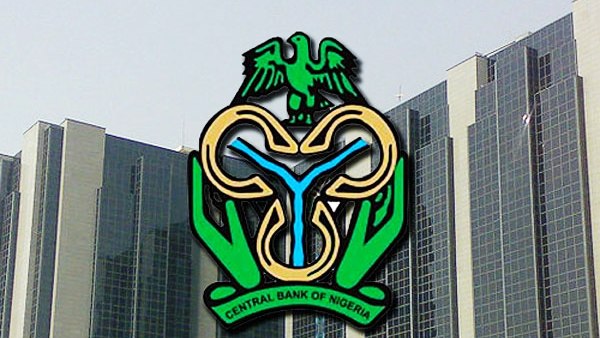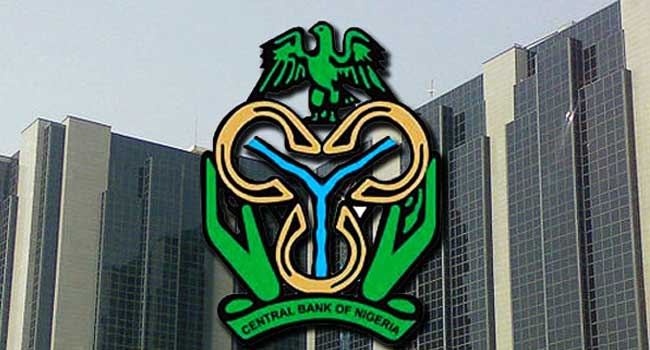The Central Bank of Nigeria (CBN) has directed banks and other financial institutions to settle customers’ complaints on issues of overcharge, unauthorised deductions and other matters within two weeks.
The CBN Head of Complaints Management Division, Mr. Tajudeen Ahmed, said this in an interview with newsmen in Abuja on Thursday.
He said the CBN would ensure that bank customers get a redress on issues of excess charges or unauthorised withdrawals.
Ahmed reiterated the apex bank’s commitment to eradicating excess and arbitrary charges.
According to him, the CBN has since issued a circular which could be found on its website, showing all legitimate bank charges.
He said that any charge outside what is stated in the circular is not allowed.
“The consumer protection department issued guidelines to banks dated August 16, 2011, directing all banks and other financial institutions to resolve all customer complaints within two weeks of receipt.
“Before the expiration of that complaint, the financial institution is expected to be engaging the customer on a continuous basis to update him or her on the status of the complaint.
“If it is not resolved within the deadline given, then such a person is encouraged to draw the attention of Central Bank of Nigeria to the complaint,” he said.
Ahmed advised customers with unresolved complaints to contact the CBN by writing to the Director Consumer Protection Department or send an email to cbd@cbn.gov.ng.
He also advised dissatisfied bank customers to visit any branch of the CBN closest to them to make their complaints.
“The CBN continually engages the banks to find out if their conduct and practices are fair to their customers in order to stimulate people’s confidence in the banking system.
“Non-adherence to that normally results to regulatory sanctions, as the case may be,” he said.
Ahmed also faulted banks for setting a limit on ATM withdrawals.
“I have also observed and noted this. Don’t forget that at the beginning, it wasn’t like this. Over time, we started having this problem.
“One of the reasons is that the quantum of N500 denomination is much more than that of N1,000 denomination.
“When we approached the banks about these problems, they said the machines become easily faulty when it is set to dispense up to N30,000 to N40,000 units.
“However, CBN has directed that the machines that allow payment of up to N30,000 to N50,000 should be installed.
“This is still ongoing. The Banking and Payment Department of the CBN is championing it,” he said.
Also, the Head of Consumer Protection Division, Mrs. Hadija Kasim, said bank customers could also avoid some of these issues by inculcating the habit of cashless policy.
She reminded the public that there were various methods to make payments rather than carrying cash.
“Let’s not forget that ATM cards can also be used on Point of Sale (POS) terminals.
“We are encouraging people that unless it is absolutely necessary, they should reduce the carriage of cash.
“Cashless transactions are more convenient, safer and you will avoid the problem of overcharges,” she said.
Kasim also advised bank consumers to use bank transfer channels for transactions in cases where sellers do not have POS.


